TRI VAN (Synthesis)
The United Arab Emirates (UAE) is said to be distancing itself from US foreign policy, especially regarding isolating Russia and limiting relations with China.
UAE President Sheikh Mohammed (left) during a meeting with his Russian counterpart Putin last year. Kremlin photo
UAE President Sheikh Mohammed bin Zayed Al Nahyan has long been seen as a close ally of the United States, relying on Washington to protect Abu Dhabi. However, the leader of the oil-rich kingdom has traveled to Russia twice in the past year to meet with President Vladimir Putin. In June, the UAE was also the guest of honor at the 26th St. Petersburg International Economic Forum. Meanwhile, the UAE and Chinese air forces will train together for the first time later this month – a notable change for a country that has long relied on American fighter jets, weapons and protection.
Abu Dhabi’s deepening ties with Moscow and Beijing show that a Middle Eastern country that the United States considers a key partner is increasingly distancing itself from Washington. US officials have had limited success in convincing President Sheikh Mohammed to follow Washington’s foreign policy, especially when it comes to limiting military ties with China and isolating Russia after it launched a “special military operation” in Ukraine. Instead, the UAE has attracted Russian investment, fueling a real estate boom in the glitzy metropolis of Dubai. Analysts say the UAE’s growing ties with both US rivals and other developing economies are aimed at preparing for a world that is no longer dominated by Washington.
Over the past decade, UAE leaders have expressed concern about America’s long-term commitment to the Middle East, which hosts tens of thousands of American troops. They fear a decline in American interests in the region, a decline in military defense capabilities, and a perceived failure to do enough to deter threats from Iran, but they also continue to seek greater protection from the United States. But in an interview with The New York Times in June, Deputy Assistant Secretary of Defense Dana Stroul said the United States remains present in the region but is “asking our partners to do more.”
Despite its small size, roughly the size of South Carolina, the UAE is one of the world’s leading oil exporters and has sovereign wealth funds with assets totaling $1.5 trillion. The country has been quick to diversify its economy away from oil and expand its influence abroad in a variety of ways, including through sports. Notably, Abu Dhabi moved earlier than its neighbors to pursue a foreign policy more independent of Washington.
The UAE’s more assertive foreign policy began a decade ago, when the Arab Spring revolutions toppled regional dictators and then-US President Barack Obama announced a “pivot” to Asia. As the uprisings reshaped the Middle East’s power structure, the UAE sent troops and weapons into several of the region’s subsequent wars. In 2014, it launched airstrikes in Libya without notifying the US. In 2015, after an Iranian-backed militia seized control of the Yemeni capital, Sana’a, UAE forces joined a Saudi-led military coalition that intervened, plunging Yemen into one of the world’s worst humanitarian crises. In 2019, the UAE announced its withdrawal from Yemen, marking the beginning of a softer foreign policy that prioritized reducing tensions, especially with Iran.
However, the UAE's frustration with the US continues to simmer. President Sheikh Mohammed has not visited the US since 2017. In 2021, the UAE also suspended negotiations with the US on the purchase of F-35 fighter jets as part of a $23 billion arms deal, instead signing several arms deals with other countries, including light attack aircraft from China. Tensions between the UAE and the US were "added fuel to the fire" after Russia attacked Ukraine last February. The UAE and many other countries have said they will not be forced to take sides, saying they will continue to have an open dialogue with Russia in pursuit of peaceful goals.
However, Dina Esfandiary, senior adviser at the Middle East and North Africa program at the independent think tank International Crisis Group, said the UAE leadership's top priority remains "ensuring that the US has greater interests in the region, not fewer."
Under the Trump administration, the UAE signed a normalization agreement with Israel in September 2020, and in May 2022, the two countries signed a Free Trade Agreement (FTA). This is the first FTA between Israel and an Arab country.
Source link


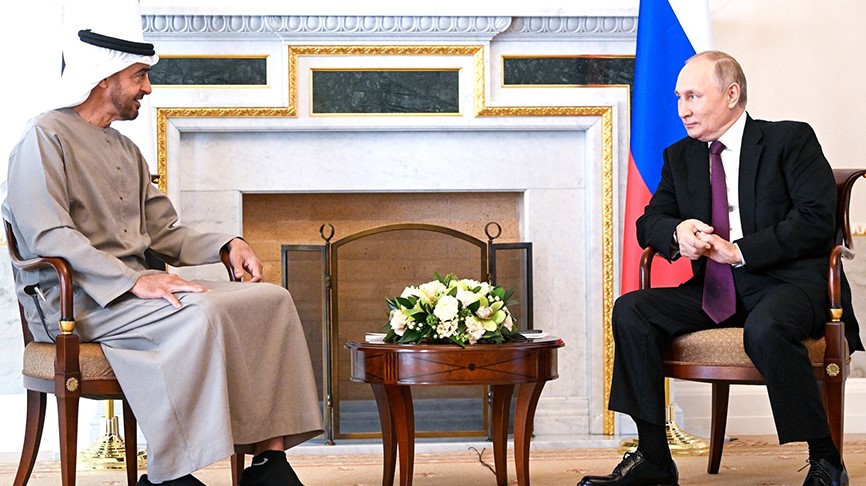

![[Photo] President Luong Cuong holds talks with South African President Matamela Cyril Ramaphosa](https://vphoto.vietnam.vn/thumb/1200x675/vietnam/resource/IMAGE/2025/10/23/1761221878741_ndo_br_1-8416-jpg.webp)

![[Photo] Prime Minister Pham Minh Chinh meets with South African President Matamela Cyril Ramaphosa](https://vphoto.vietnam.vn/thumb/1200x675/vietnam/resource/IMAGE/2025/10/23/1761226081024_dsc-9845-jpg.webp)
![[Photo] Prime Minister Pham Minh Chinh chairs meeting on railway projects](https://vphoto.vietnam.vn/thumb/1200x675/vietnam/resource/IMAGE/2025/10/23/1761206277171_dsc-9703-jpg.webp)

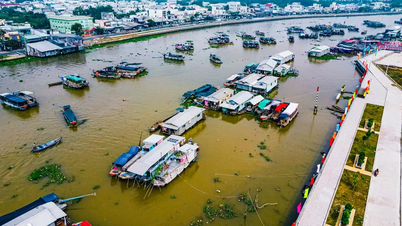










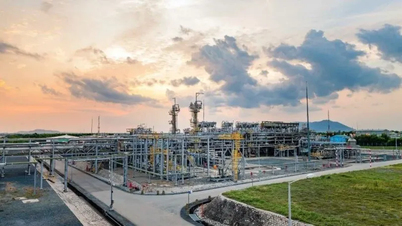











































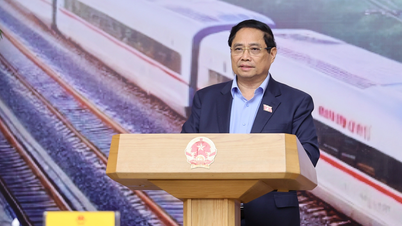

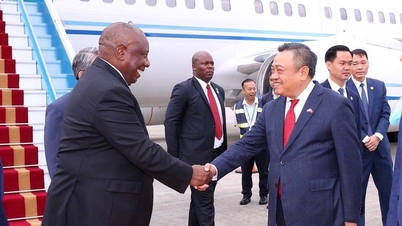


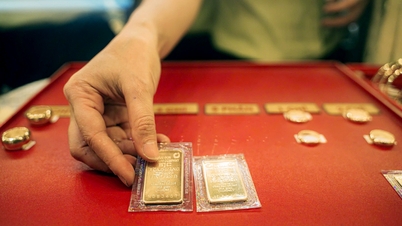





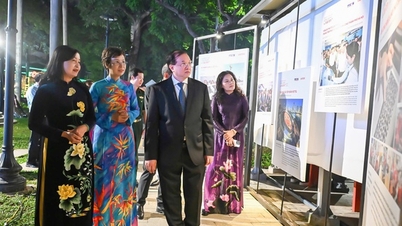






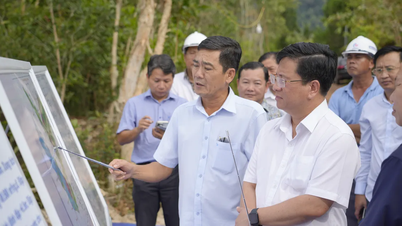



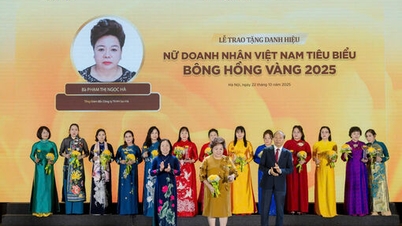

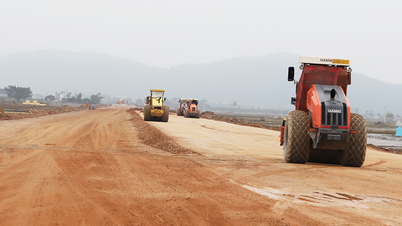















Comment (0)